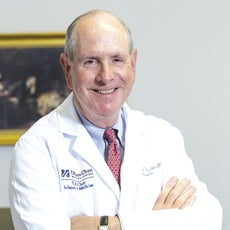
Two new Worcester healthcare buildings totaling $475M aim to improve quality of and access to health care
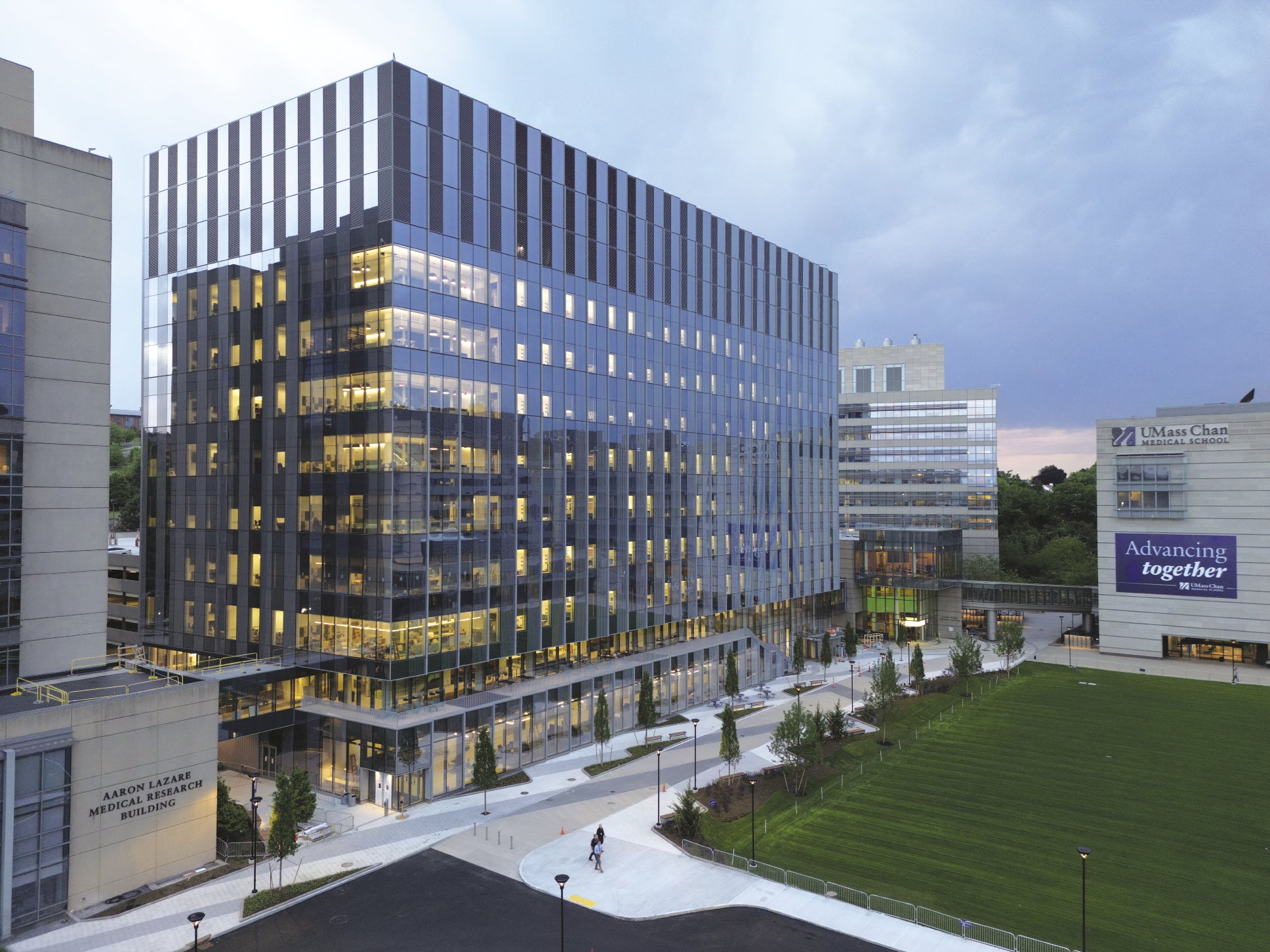 Photo | Courtesy of UMass Chan Medical School
UMass Chan Medical School in Worcester unveiled its $350-million New Education and Research Building in a June 7 ribbon cutting ceremony.
Photo | Courtesy of UMass Chan Medical School
UMass Chan Medical School in Worcester unveiled its $350-million New Education and Research Building in a June 7 ribbon cutting ceremony.
From workforce shortages to burdensome paperwork to staff burnout, Central Massachusetts providers are no stranger to the mounting struggles experienced throughout those working in the U.S. healthcare system.
Amid these realities, Worcester is seeing two of its major players in the healthcare sector establishing new buildings aimed at addressing long-standing industry concerns. UMass Chan Medical School has unveiled its $350-million New Education and Research Building designed to advance disease research while UMass Memorial Health is in the midst of constructing a $125-million, 72-bed acute care facility.
Both of these new facilities sit about a block away from each other, on the same campus home to both UMass Chan’s headquarters and the premier hospital in the UMass Memorial system. Whether it’s tackling the causes and treatment of disease or affording emergency room patients better access to care, these new Worcester buildings look to help Central Massachusetts residents live healthier lives.
Great expectations
To change the course of history of disease is a tall order, but UMass Chan Chancellor Dr. Michael Collins isn’t shying from it. When conceptualizing the idea of the NERB, Collins decided this ethos would encompass the type of education and research to take place within it; every department in the NERB has a focus on disease, both rare and common, with the goal to eventually improve the lives of those living with them worldwide.

Construction began on the nine-floor, 350,000-square-foot building at the end of 2020 with a budget of $350 million. Today, the new building houses more than 70 principal investigators across the Program in Molecular Medicine, the Senator Paul D. Wellstone Muscular Dystrophy Cooperative Research Center, the Horae Gene Therapy Center, and the departments of neurology, neurological surgery, and psychiatry.
For Roger Davis, professor and chair of the Program in Molecular Medicine and chair in cancer research, his department’s move into the NERB is a welcomed change. Having been located down Plantation Street and away from the university’s main campus for 30 years, his department now takes up three floors of the new building.
“It's a very exciting opportunity to have not the week-to-week interaction, but the day-to-day interaction by bumping into our colleagues,” Davis said. “Science evolves through interactions with people.”
Davis’ research zeros in on the role of stress in the development of diseases, primarily focusing on diabetes and cancer and his department’s research as a whole has programs researching well-known diseases such as Alzheimer’s disease and fragile X syndrome as well as infectious diseases including Ebola, bird flu, and Epstein-Barr virus.
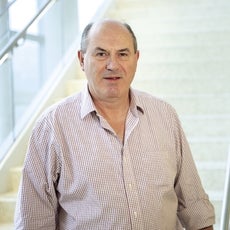
To aid this research, the NERB will house the medical school’s new Mass Spectrometry Facility, which will be utilized in part to measure metabolites within the body to look at disease and identify molecules to be used for drug treatment.
“We hope [the Mass Spectrometry Facility] will be used not only by a large number of people on campus, but also by lots of the local biotech industry. We hope they will collaborate with us and use the equipment that we're installing within our building,” said Davis.
Initiatives like the spectrometry facility make NERB a leading research facility for Central Massachusetts, showing the power of public institutions, Collins said.
“The building is a great example about how the state's public university could drive innovation and investment,” said Collins.
Introductory technology
Worcester County is one of the only counties in Massachusetts growing in population, yet it has the least number of acute care beds per capita, said Justin Precourt, interim president of UMass Memorial Medical Center in Worcester. These facts were major catalysts behind UMass Memorial’s decision to acquire the building previously used as the Beaumont Rehabilitation and Skilled Nursing Center in 2021 with the plan to convert it into an acute care facility, currently being called the North Pavilion.
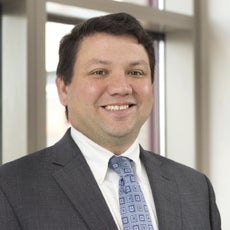
The acquisition came at a time when all of UMass Memorial’s locations were experiencing a shortage of acute care beds and a decrease in overall capacity exacerbated by the lasting effects of the COVID pandemic.
On track to stay within UMass Memorial’s budget of $125 million, gut renovations for the building are expected to be finished by early winter with a targeted move in date of Jan. 15.
The finished building will cover 73,000 square feet of clinical and non-clinical space, with an additional 13,600 square feet to be finished at a later date.
The North Pavilion will offer 72 new hospital beds at its opening with shell space for 24 more beds, of which UMass Memorial will allocate as it observes how many patients are spending extended periods of time in emergency department boarding and determine the demand for different services. UMass Memorial Medical Center currently has 818 beds across its three campuses in Worcester.
Wait times in emergency departments is a major issue in Central Massachusetts, said Amie Shei, president and CEO of The Health Foundation of Central Massachusetts in Worcester.
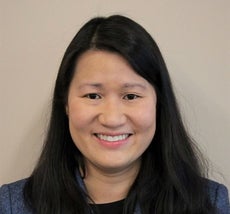
“Nobody chooses to go to the emergency department unless they absolutely have to, and so the added stress of having to wait sometimes many, many hours just adds to the stress of the experience,” said Shei.
Each bed will have its own, private room and a separate sitting and sleeping area for the patient's family.
These new rooms will provide patients with advanced technologies new to the UMass Memorial network. Rooms will be equipped with an interactive television system with educational materials for patients, offering information pertaining to their diagnosis and what to expect while in the hospital and once they go home.
“Studies show when you sit down and you review things with a patient, they're only retaining a small percentage of what you're sharing with them,” said Precourt. “Now, they'll be able to go back and revisit the information that you share with them at their leisure and at their convenience.”
Electronic boards will be available in all patient rooms displaying who is on their care teams, automatically updating as their physicians, nurses, and personal care assistants switch shifts. Patients will be able to attend telehealth visits via webcams within their rooms with providers not able to be at the North Pavilion, which is a preventative measure, said Precourt.
The telehealth visits “actually will allow us to create a more comprehensive care plan for the patient and a more comprehensive discharge plan,” said Precourt. “The goal of that would be to help prevent any readmissions back into the hospital or any unneeded, unnecessary emergency room visits … or unnecessary visits back to their primary care physician or specialist.”
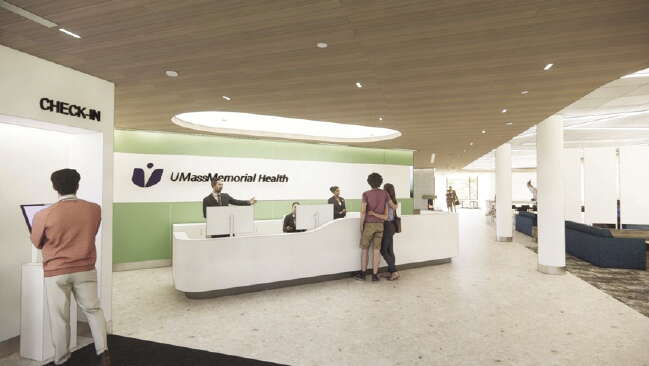
Focusing on prevention is an essential part of addressing access to care in Central Massachusetts, said Shei. For varied reasons including lack of adequate health insurance coverage and previously experienced barriers to care, individuals often delay receiving primary care, if they receive it at all, she said.
“So there could be health issues that could be addressed relatively easily with some preventive treatments and disease management, but if those individuals don't receive care, oftentimes those conditions worsen and become an acute issue that then takes them to the emergency department where the care is much more expensive, where their condition has worsened,” said Shei.
Central Massachusetts needs to take a holistic approach to tackling the issue of access to care, she said. Though increasing hospital beds does address the immediate need of hospital bed shortages, the issues residents face when attempting to access care are systemic and include issues interconnected with healthcare systems, including social determinants of health, the housing crisis, access to healthy foods, and mounting costs of living.
“Do they pay their rent? Do they pay for their bus fare? Do they try to put food on the table at home? Or do they go see their doctor and pay for their prescriptions and pay for the copay for the doctor's visit? So all of these factors are contributing to people delaying care,” said Shei.
More healthcare jobs
Aside from the direct benefits of the NERB and North Pavilion buildings, both Collins and Precourt see the new constructions benefiting the area’s economic infrastructure.
The creation of the North Pavilion means UMass Memorial will have 450 new positions and those new employees will reinvest into the community by purchasing services simply because they are in the area, said Precourt. Once contracts are signed, UMass Memorial will award $5 million in grants to 18 local nonprofit organizations through the Massachusetts Department of Public Health's Determination of Need program.
Moving departments into the NERB will allow UMass Chan to hire several new faculty and staff both in the new building and to fill newly available space in other ones. The exact number of new hires will become evident once the NERB is up and running, Collins said
“Across the campus, we will be creating space so that we can increase the economic activity, increase the hiring, and bring more science to the campus,” said Collins. “Research brings hope to the human condition.”



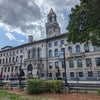


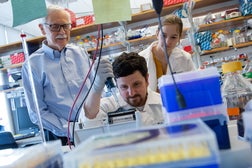






0 Comments